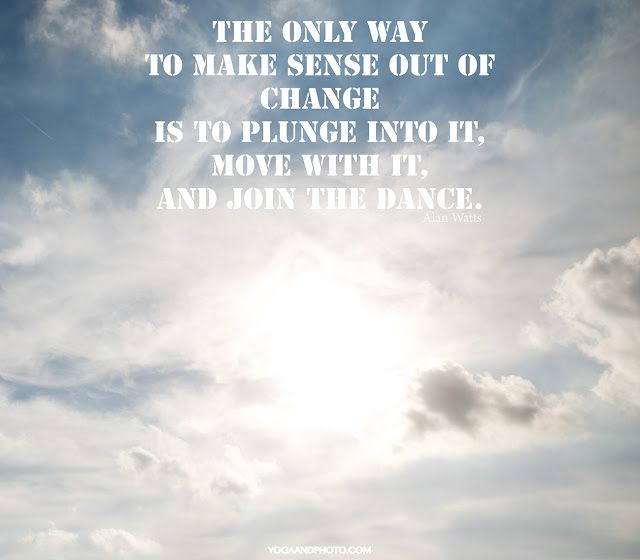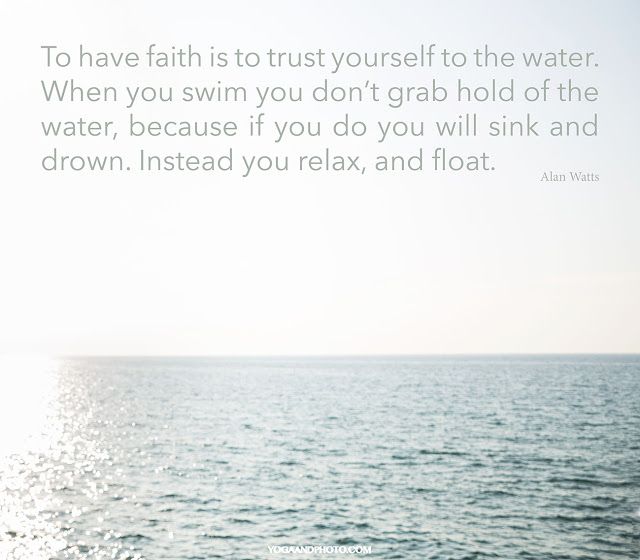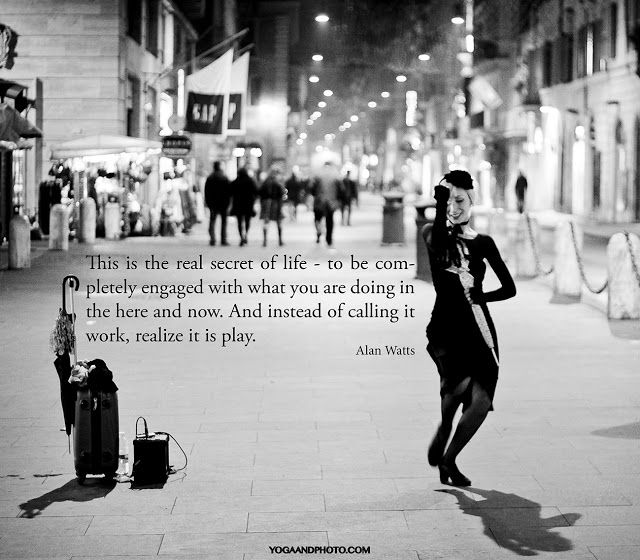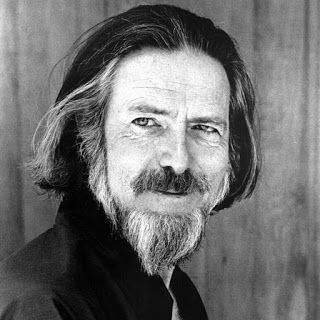
07 Jan Alan Watts

As yesterday was the anniversary of 101 years from the birth of the Alan Watts I had an idea to make a post and
express my admiration and gratitude I have towards him and his teachings.
If you have never heard about him, you’ll be amazed by his speeches and writings.
Just do a search on google or youtube !
I’ll leave you here some quotes and short highlight videos so you can make yourself an idea.
I strongly recommend to get to know some of his teachings, since it works for me just great, it always gives me
a boost of confidence, love and acceptance. It always takes me out of my mental blockage and helps me see
the big picture 🙂
Wikipedia says:
Alan Wilson Watts (6 January 1915 – 16 November 1973) was a British-born American philosopher, writer, and speaker, best known as an interpreter and populariser of Eastern philosophy for a Western audience. Born in Chislehurst, England, he moved to the United States in 1938 and began Zen training in New York. Pursuing a career, he attended Seabury-Western Theological Seminary, where he received a master’s degree in theology. Watts became an Episcopal priest in 1945, then left the ministry in 1950 and moved to California, where he joined the faculty of the American Academy of Asian Studies.
Watts gained a large following in the San Francisco Bay Area while working as a volunteer programmer at KPFA, a Pacifica Radio station in Berkeley. Watts wrote more than 25 books and articles on subjects important to Eastern and Western religion, introducing the then-burgeoning youth culture to The Way of Zen (1957), one of the first bestselling books on Buddhism. In Psychotherapy East and West (1961), Watts proposed that Buddhism could be thought of as a form of psychotherapy and not a religion. He considered “Nature, Man, and Woman” (1958) to be, “from a literary point of view – the best book I have ever written.”[citation needed] He also explored human consciousness, in the essay “The New Alchemy” (1958), and in the book The Joyous Cosmology (1962).
Towards the end of his life, he divided his time between a houseboat in Sausalito and a cabin on Mount Tamalpais. Many of his books are now available in digital format and many of his recorded talks and lectures are available on the Internet. According to the critic Erik Davis, his “writings and recorded talks still shimmer with a profound and galvanizing lucidity.”






Firessin
Posted at 08:20h, 11 Januarylike you blog!